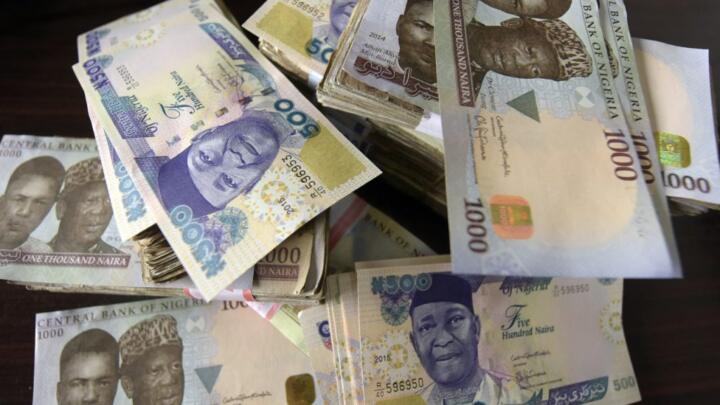Fitch Ratings has warned that Nigeria’s widening budget deficit could intensify pressure on the naira, leading to further depreciation of the currency. The global credit rating agency highlighted that the country’s fiscal imbalance, coupled with rising public debt, poses significant risks to economic stability and investor confidence.
In its latest report, Fitch noted that Nigeria’s budget deficit, projected to exceed earlier estimates, is being driven by persistent revenue shortfalls, high debt servicing costs, and increased government spending. These factors have exacerbated the fiscal gap, forcing the government to rely heavily on borrowing and other deficit-financing mechanisms, including the Central Bank of Nigeria’s Ways and Means facility.
The increased reliance on domestic financing has contributed to inflationary pressures, further weakening the purchasing power of the naira. Fitch cautioned that the depreciation of the currency could escalate if the government fails to implement credible fiscal reforms and revenue generation strategies.

The agency also pointed out that Nigeria’s external reserves, which have been under strain due to declining oil revenues and lower foreign investments, may not be sufficient to cushion the naira against sustained depreciation. The situation is compounded by the country’s import dependency, which increases demand for foreign exchange and exerts additional pressure on the local currency.
To mitigate the risks, Fitch urged the Nigerian government to prioritize fiscal consolidation by reducing wasteful expenditures, broadening the tax base, and addressing inefficiencies in public spending. The agency emphasized the need for structural reforms, including the removal of fuel subsidies and the implementation of policies to boost non-oil revenues.
Economic experts have echoed these concerns, warning that a weakened naira could lead to higher inflation, eroding household incomes and increasing the cost of living. Businesses may also face challenges as the cost of imported goods and raw materials rises, potentially stifling economic growth.
Despite the bleak outlook, Fitch acknowledged that Nigeria has opportunities to stabilize its economy by leveraging its vast resources and implementing targeted reforms. Increasing oil production, enhancing governance, and fostering an enabling environment for investments are among the measures recommended to address the fiscal and currency challenges.
As Nigeria navigates its economic hurdles, the government’s ability to implement and sustain fiscal discipline will be critical to restoring macroeconomic stability and preserving the value of the naira.
Support InfoStride News' Credible Journalism: Only credible journalism can guarantee a fair, accountable and transparent society, including democracy and government. It involves a lot of efforts and money. We need your support. Click here to Donate
